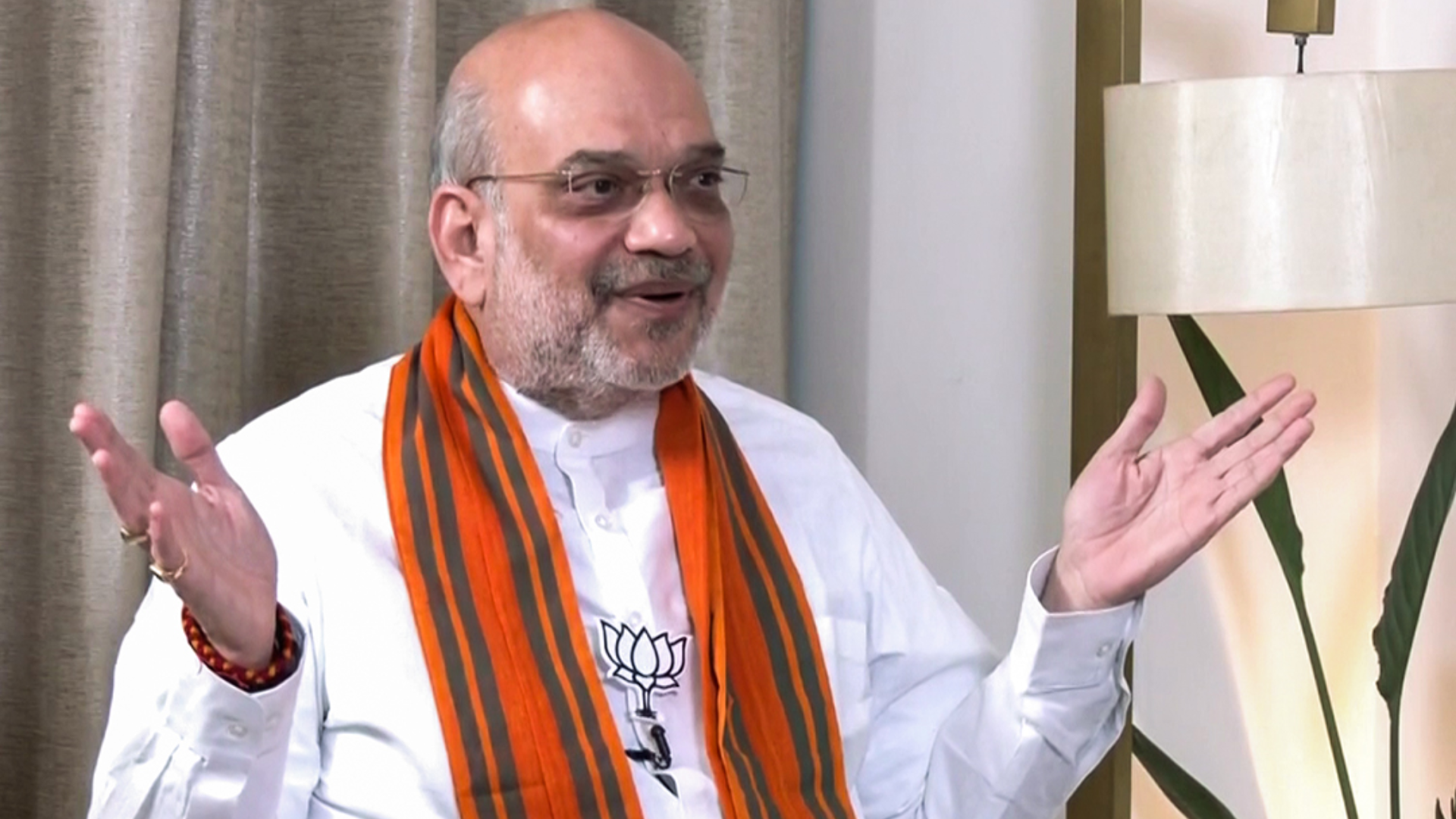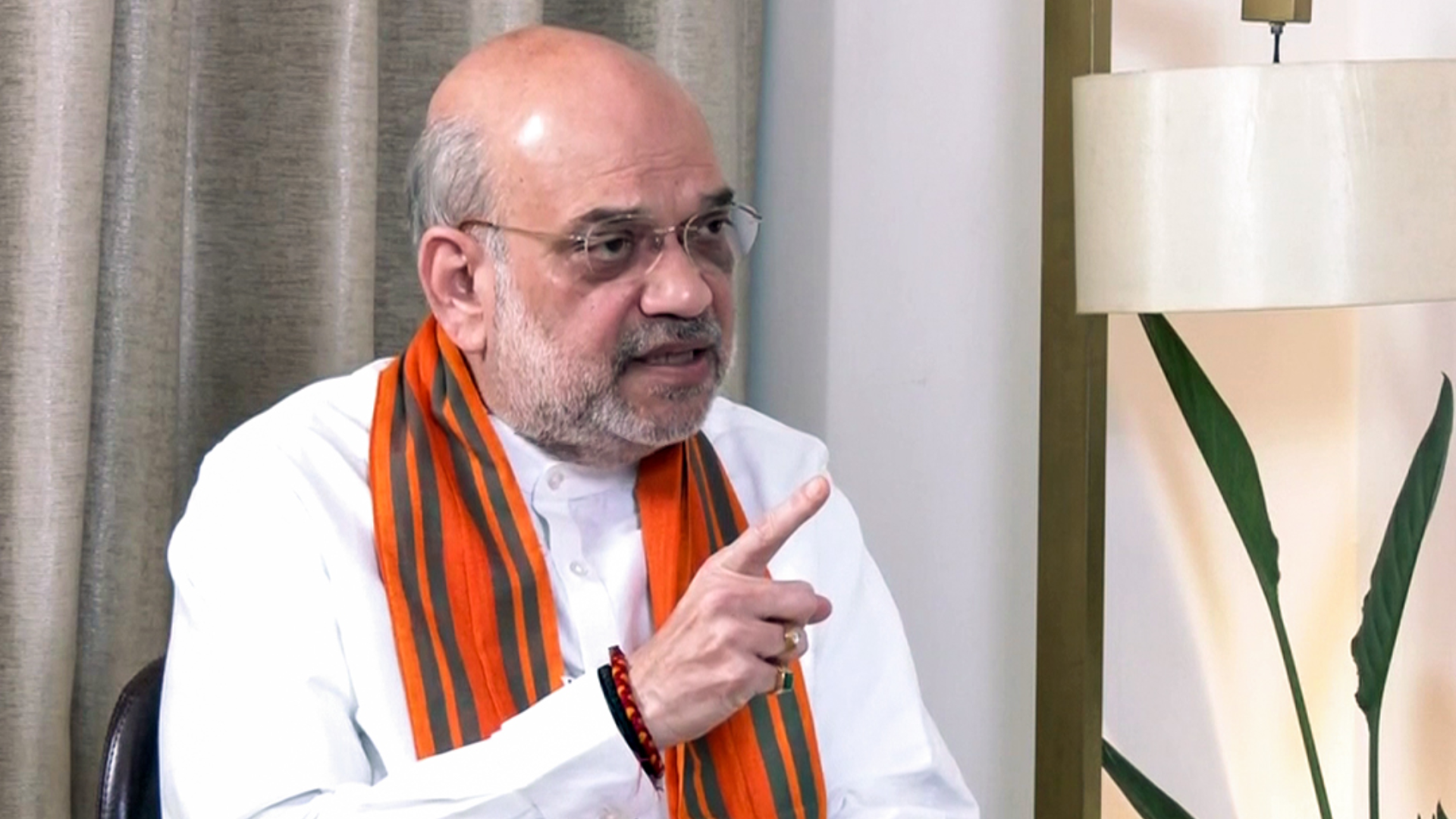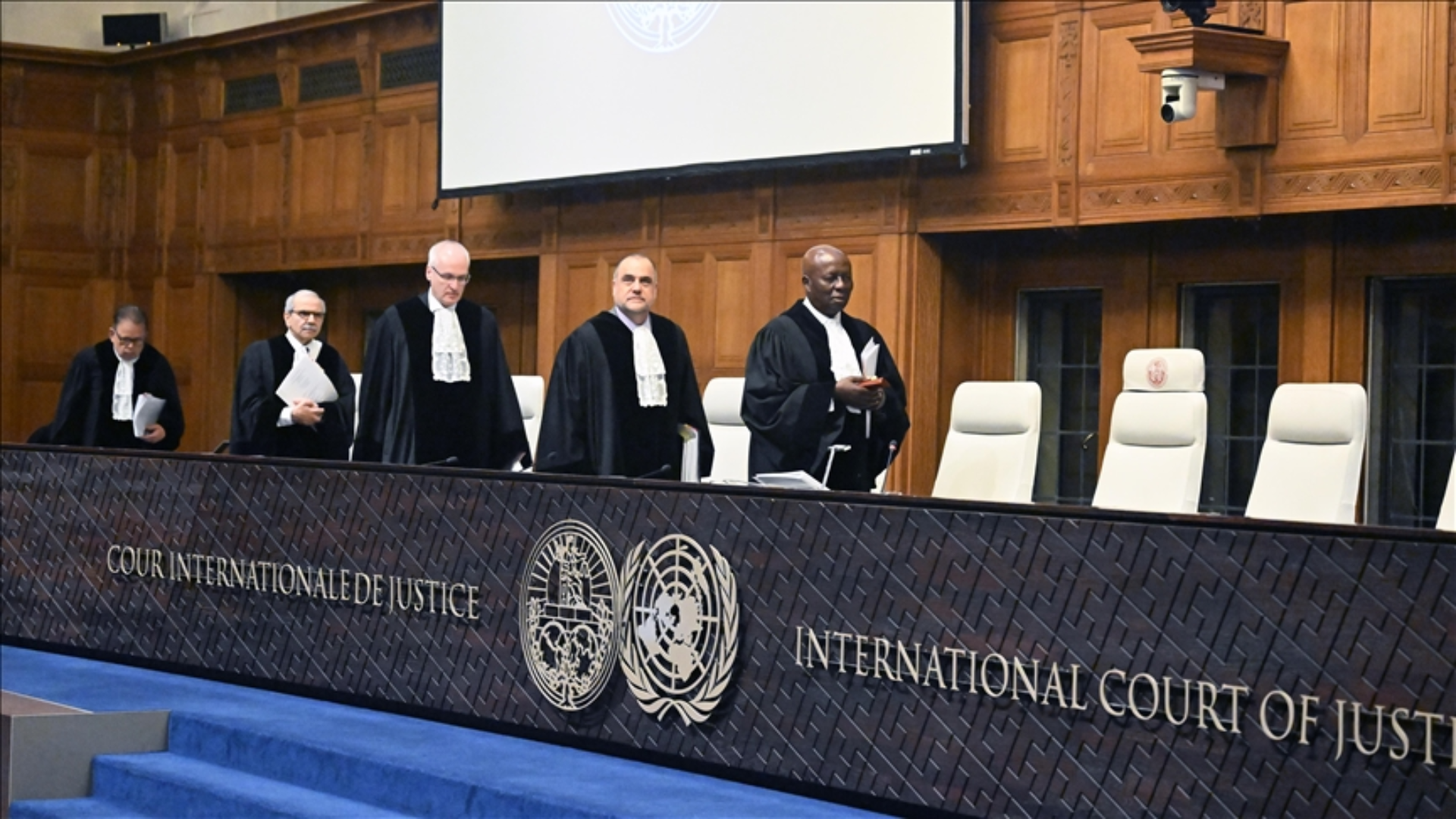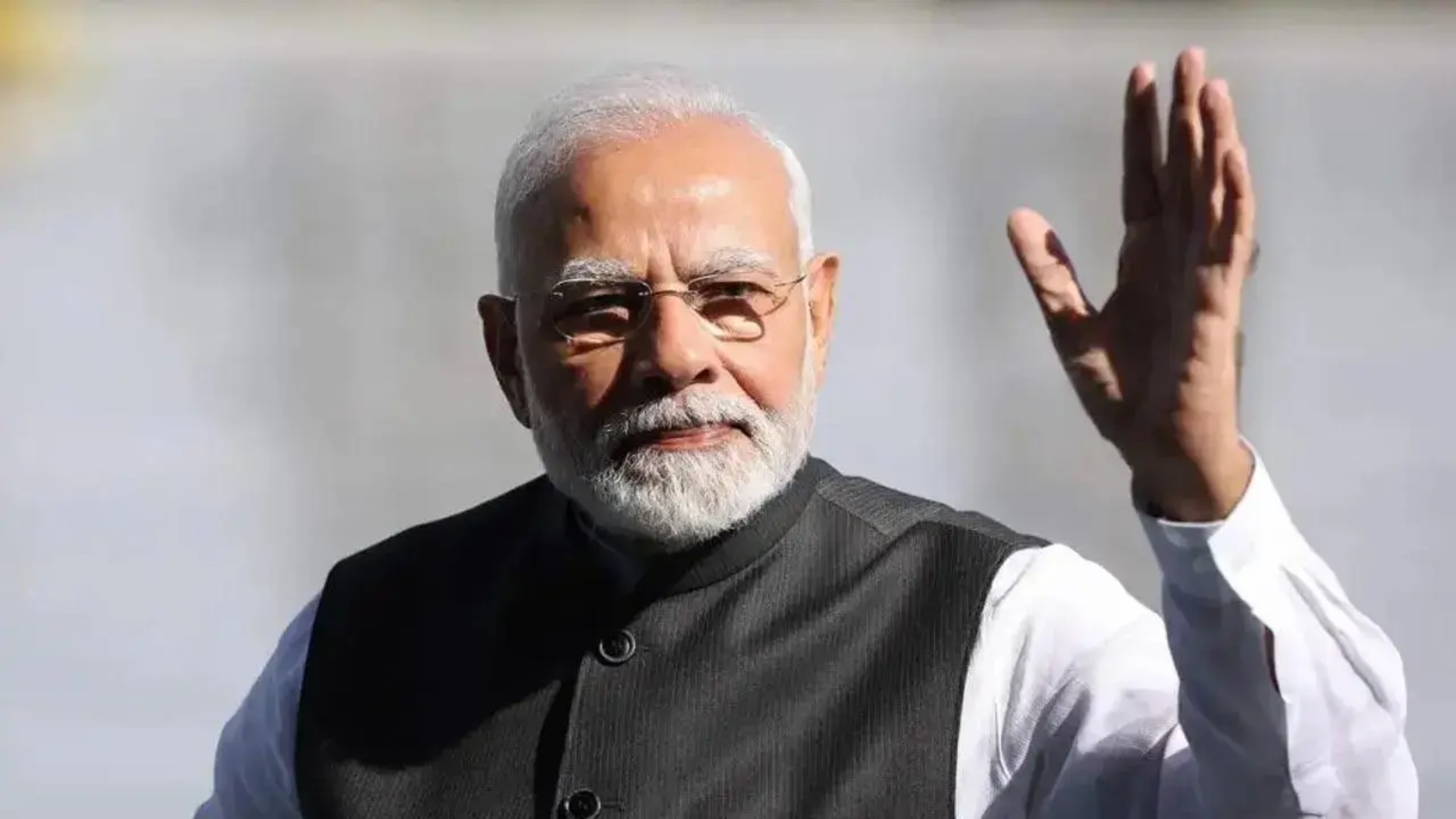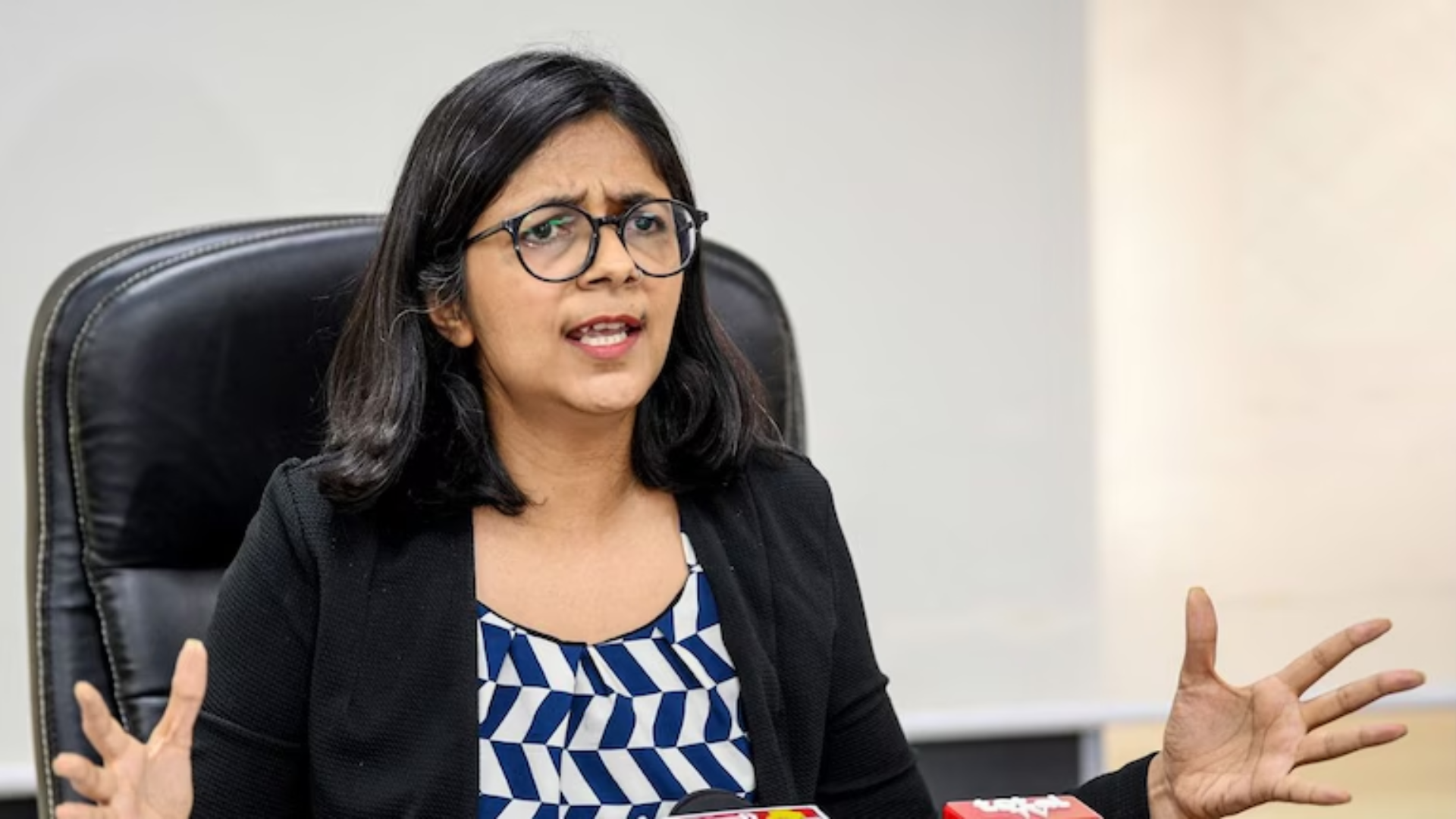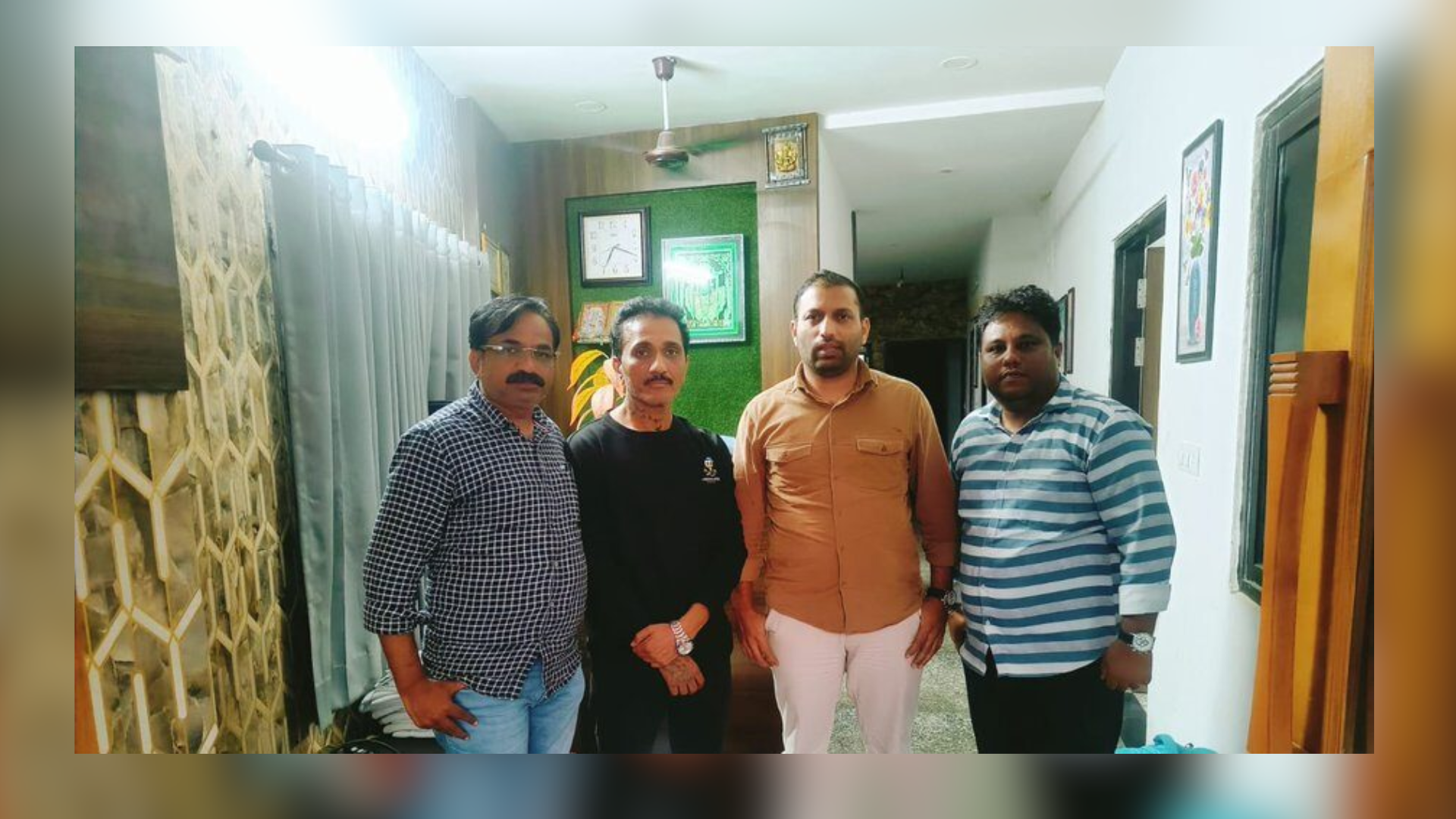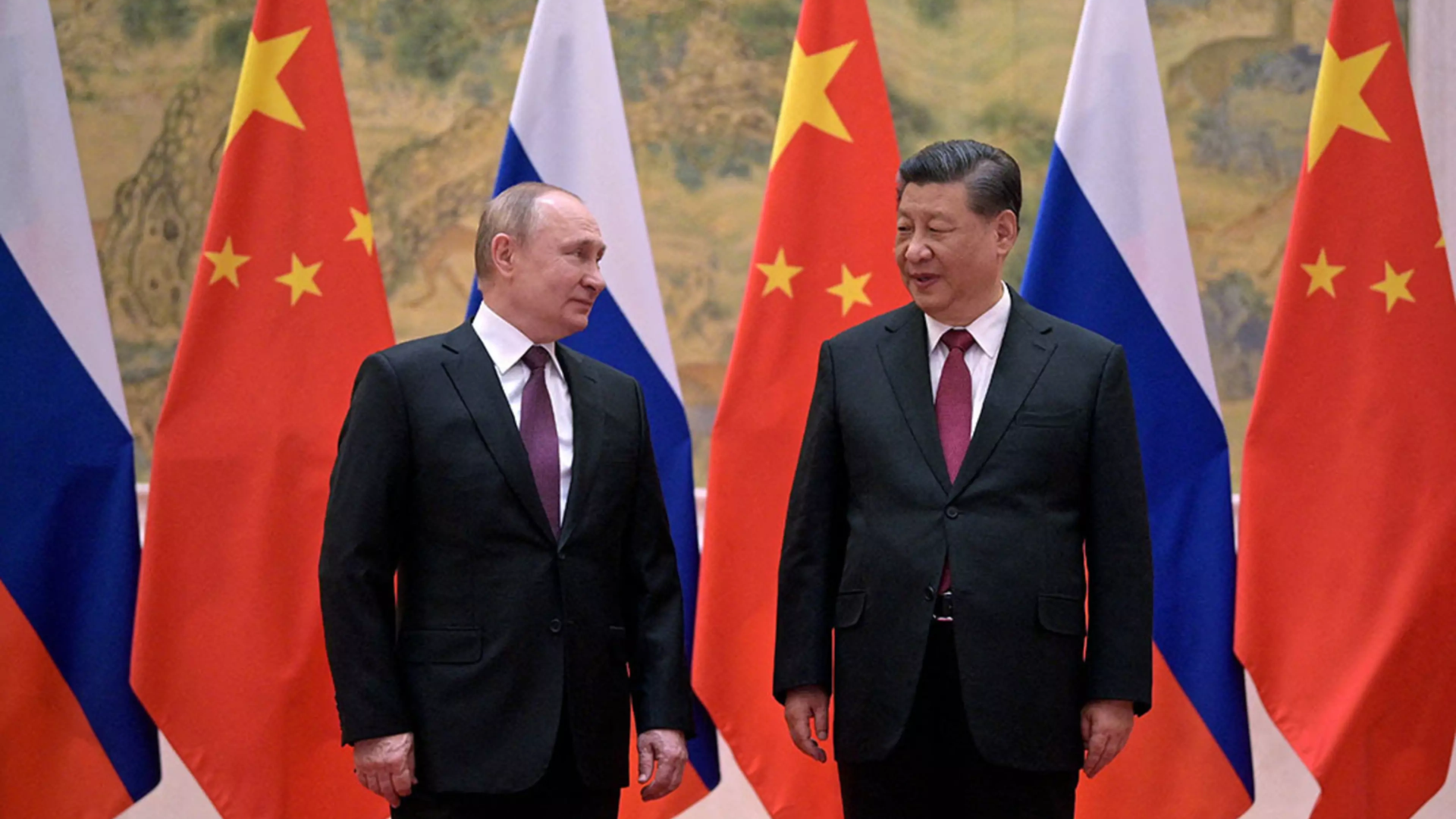


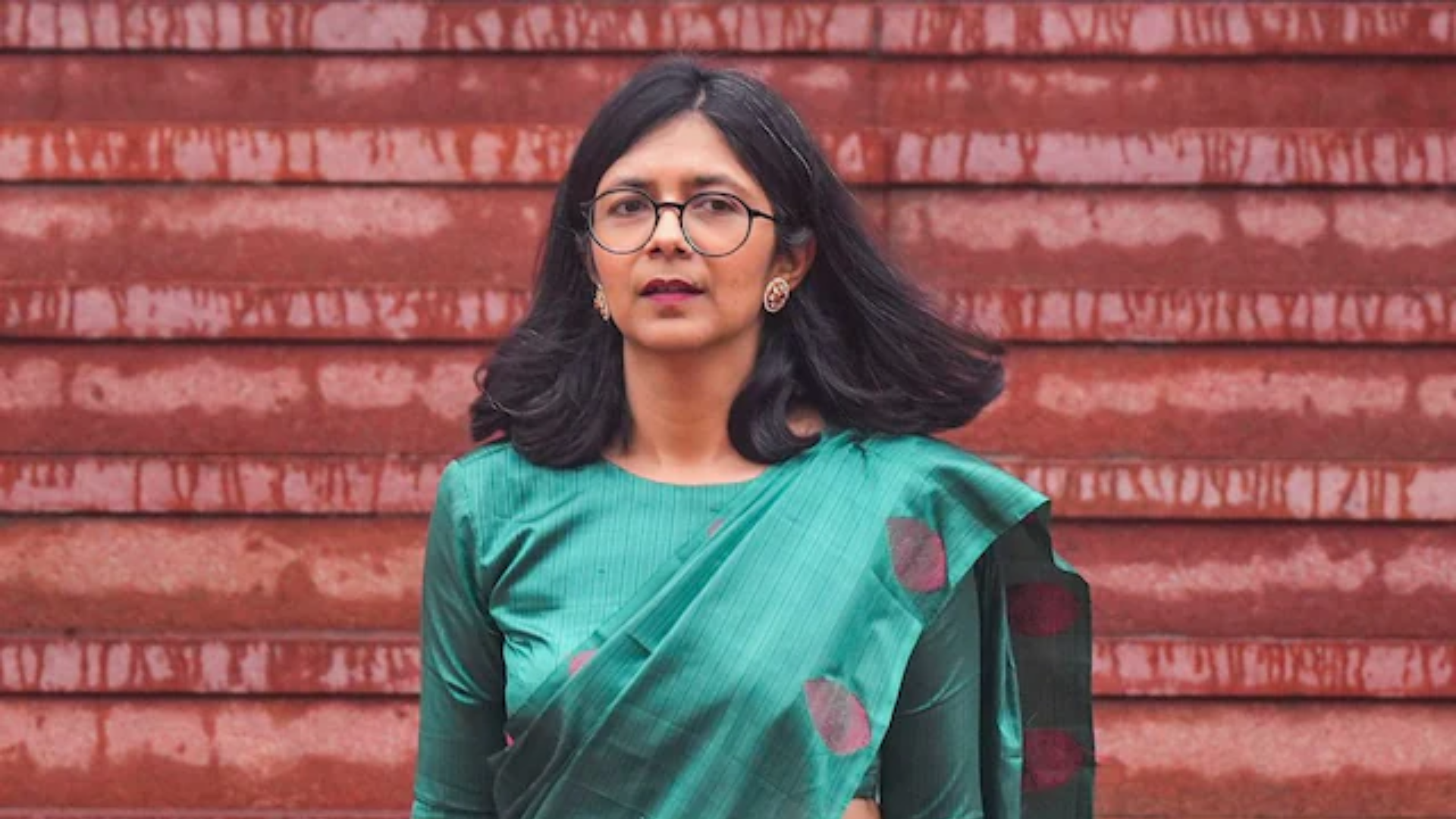
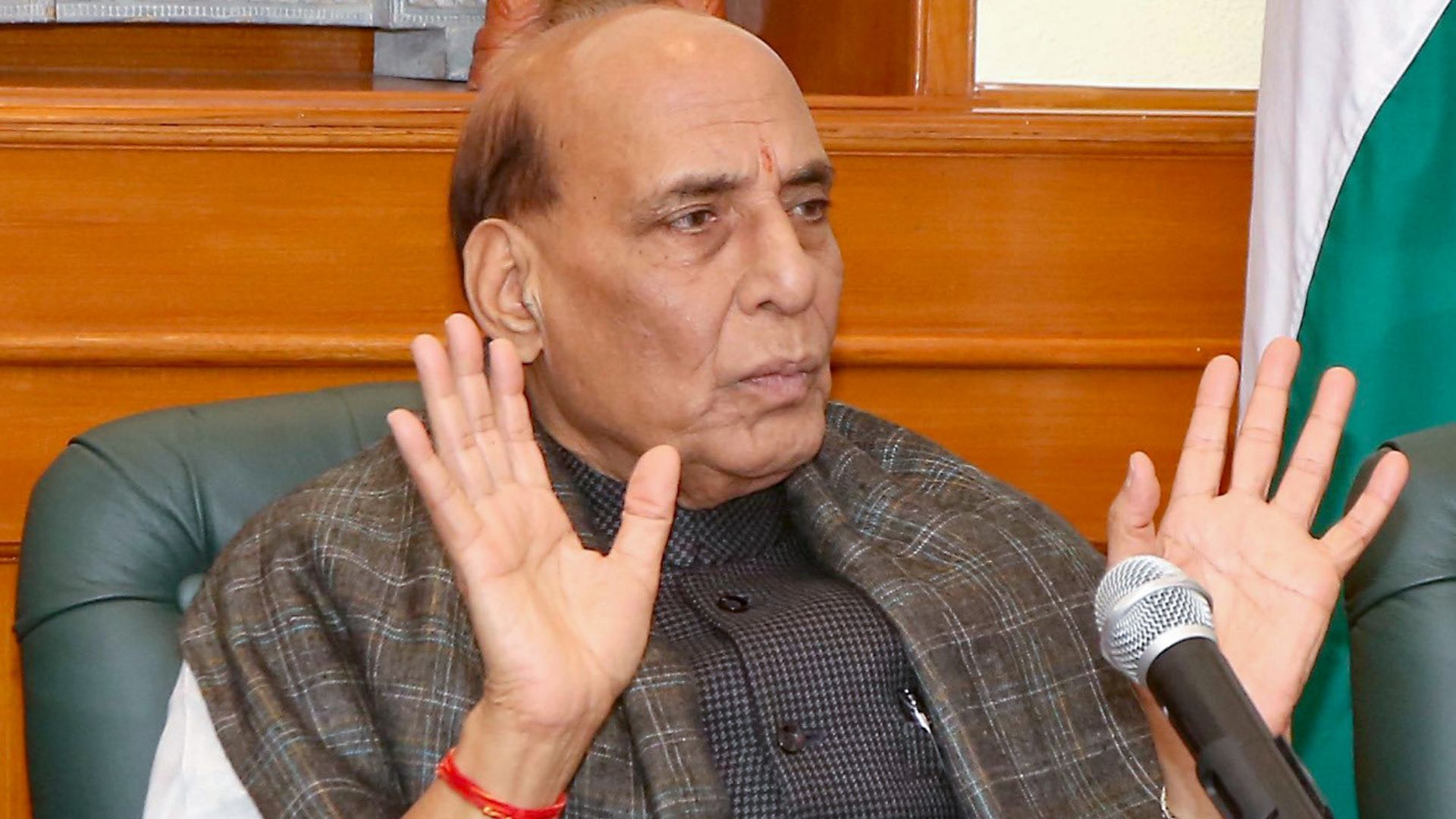
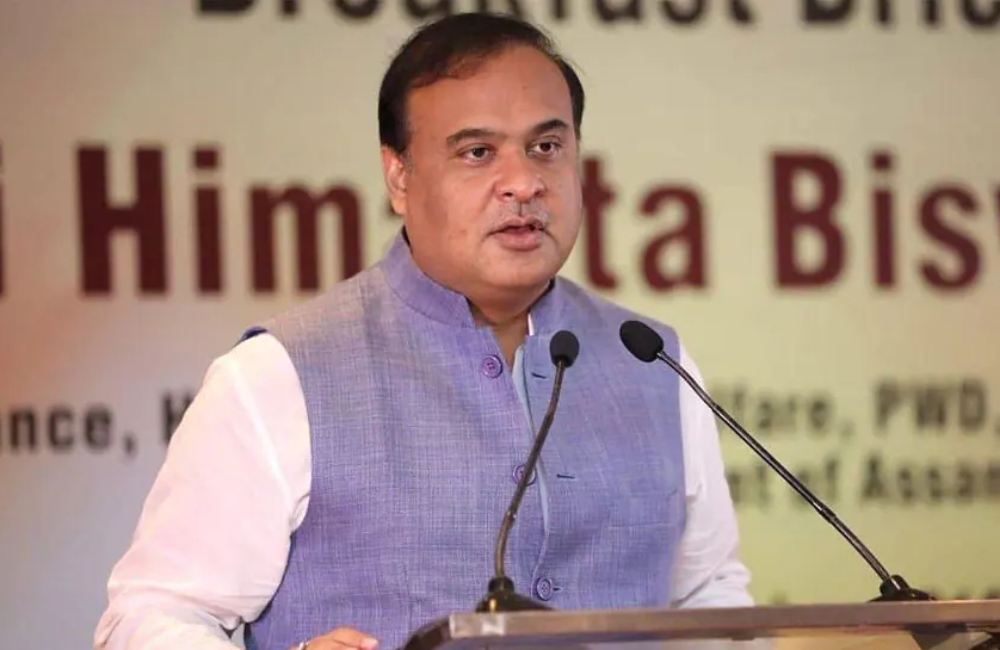



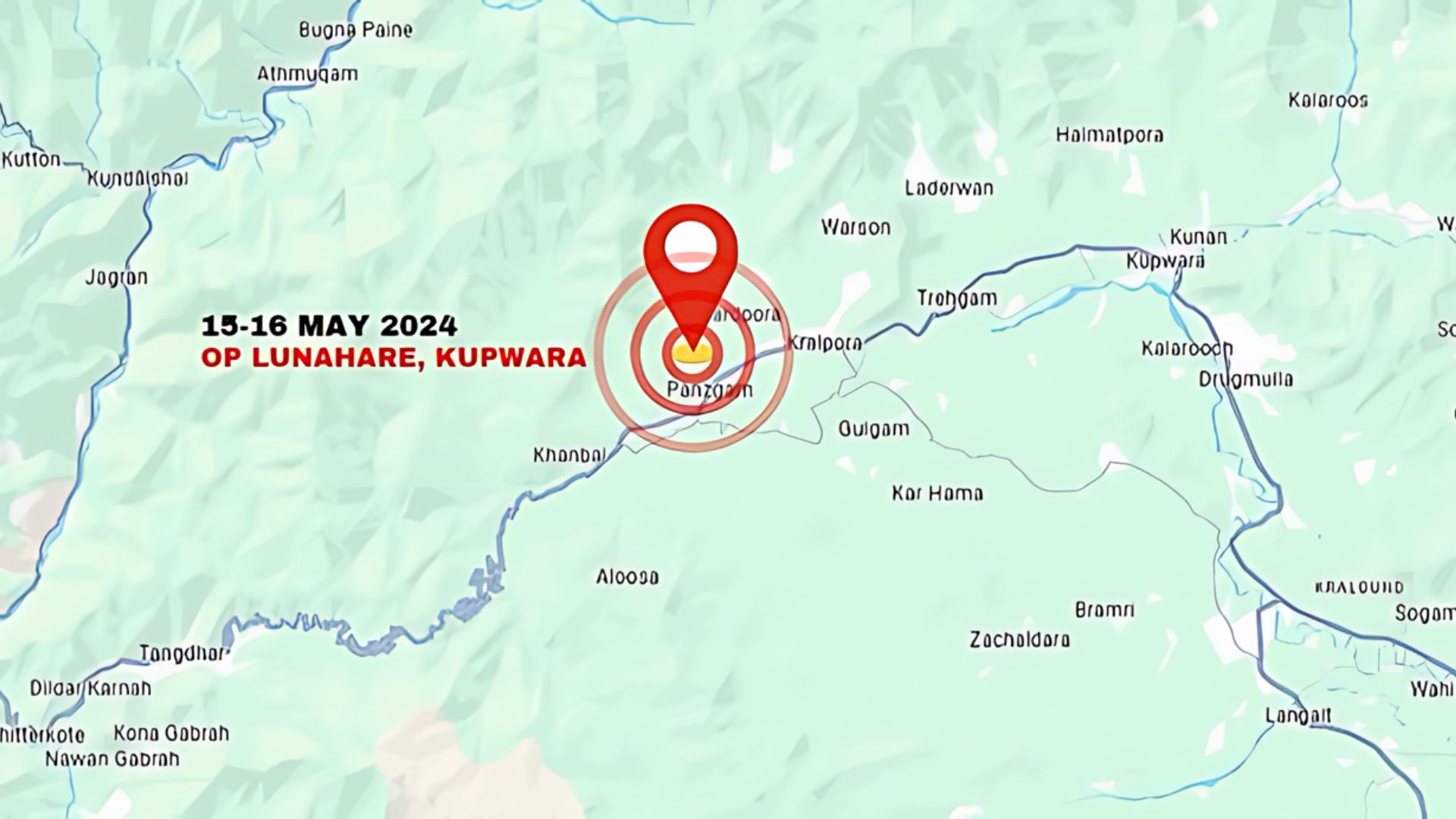
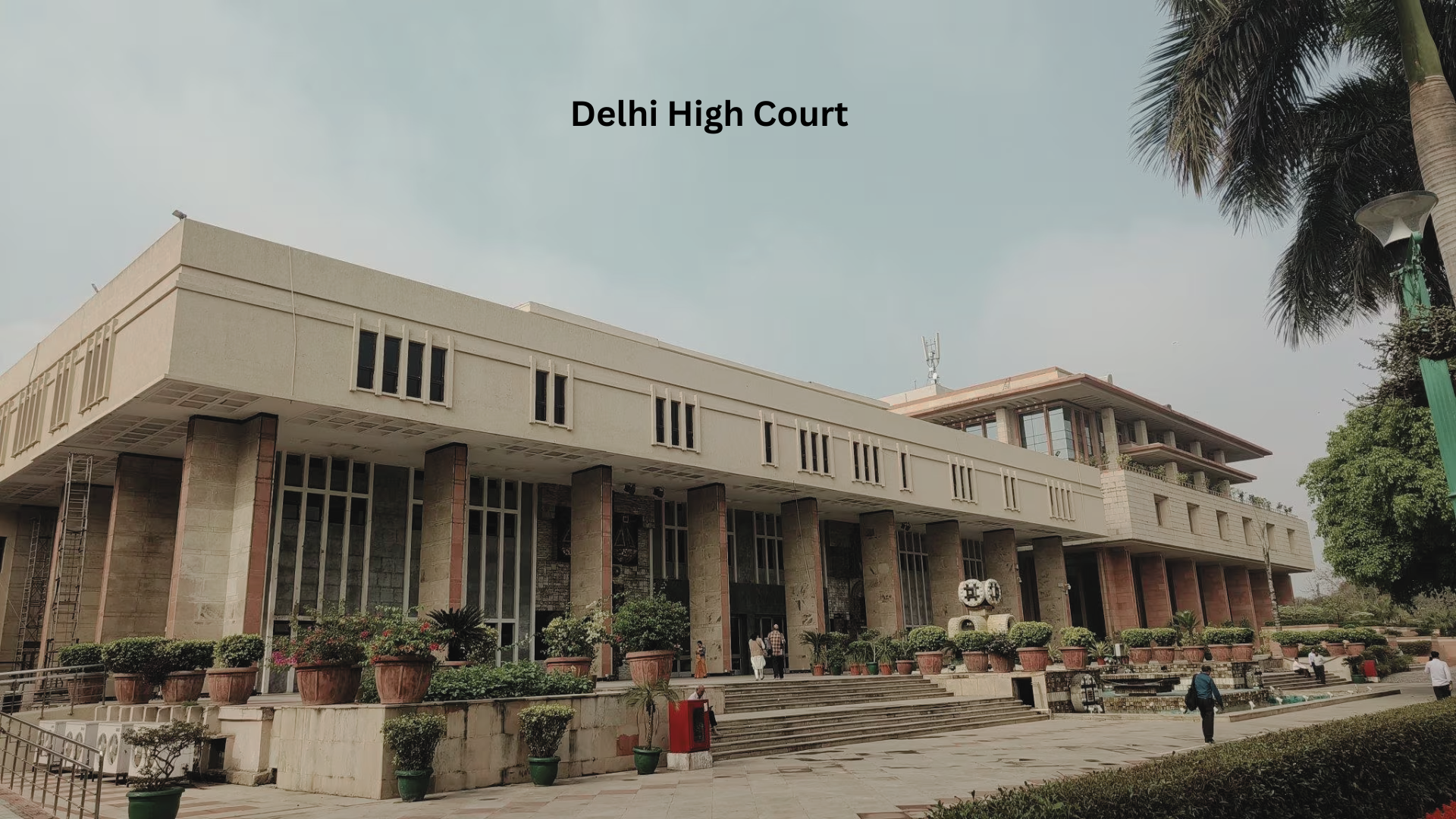
The Delhi High Court has issued a directive to the Election Commission (EC) to promptly address concerns regarding the use of deepfake technologies in the ongoing political campaigns for the Lok Sabha and State Legislative Assemblies of Andhra Pradesh, Arunachal Pradesh, Odisha, and Sikkim.
This directive gains significance in light of recent controversies surrounding an alleged deepfake video involving Union Home Minister Amit Shah, where he is purportedly heard opposing reservations in the country on behalf of the BJP.
The bench, led by Acting Chief Justice Manmohan and Justice Manmeet Pritam Singh Arora, instructed the Election Commission to review the representation by Monday, emphasizing the urgency of the matter. While disposing of the plea, the court clarified its inability to issue directives during elections, leaving the responsibility with the poll panel to examine and act on the issue.
The petitioner, Lawyer Voice, highlighted the detrimental impact of deepfake technologies combined with the spread of misinformation on social media platforms, citing their potential to significantly undermine the fairness of elections. The plea specifically urged social media intermediaries like Google, Meta (formerly Facebook), and X Corp (formerly Twitter) to remove and block deepfake content related to political figures until the election results are declared on June 4, 2024.
READ MORE: Fire Engulfs 300 Houses In Bihar’s Katihar District, One Woman Dead
International concerns over deepfake technologies were also referenced, with the plea noting that political parties in the European Union have voluntarily committed to refraining from using deepfake technologies during upcoming elections, recognizing their potential to distort the democratic process.
Senior advocate Jayant Mehta, representing the petitioner, emphasized the dangers posed by rapid dissemination of deepfake content, highlighting its potential to manipulate election outcomes and hinder public accountability of political representatives.
The plea underscored the inadequacy of existing legal frameworks in addressing the harms associated with deepfake technologies, calling for urgent measures to safeguard the integrity and fairness of democratic processes against technological manipulation.

